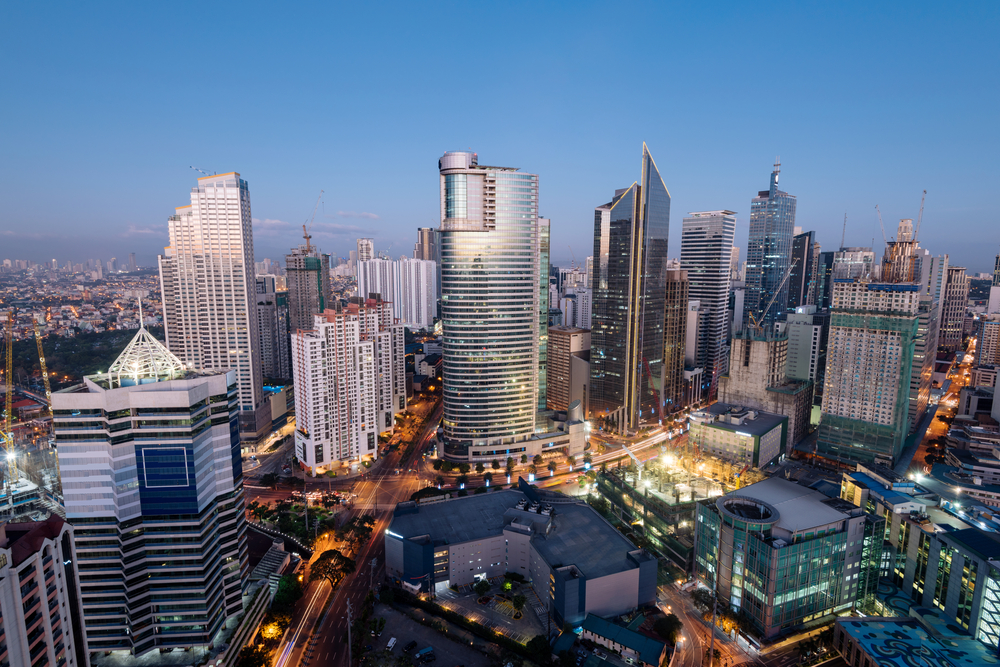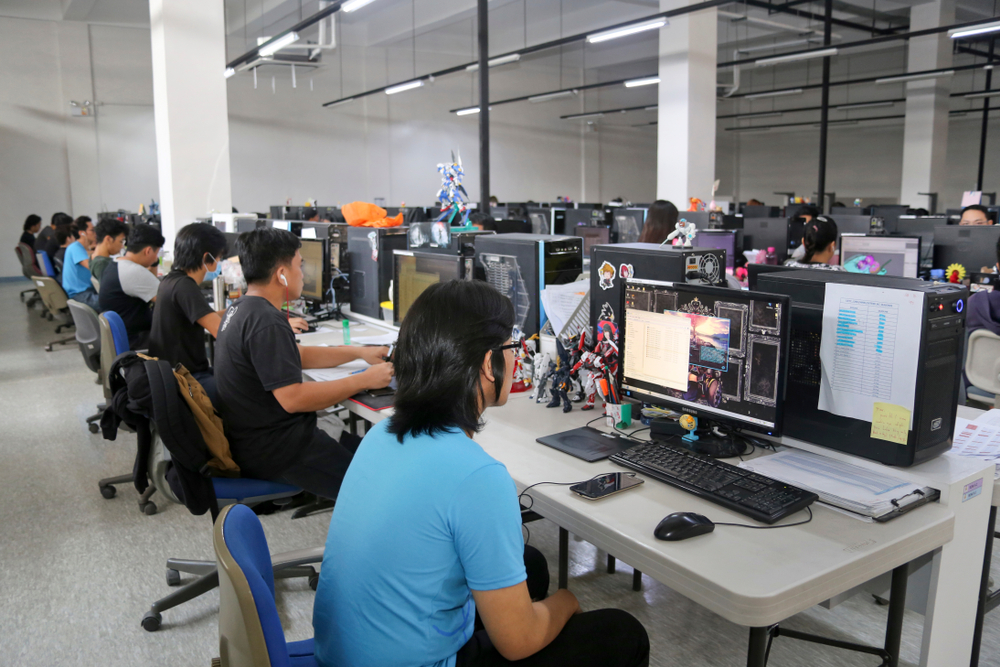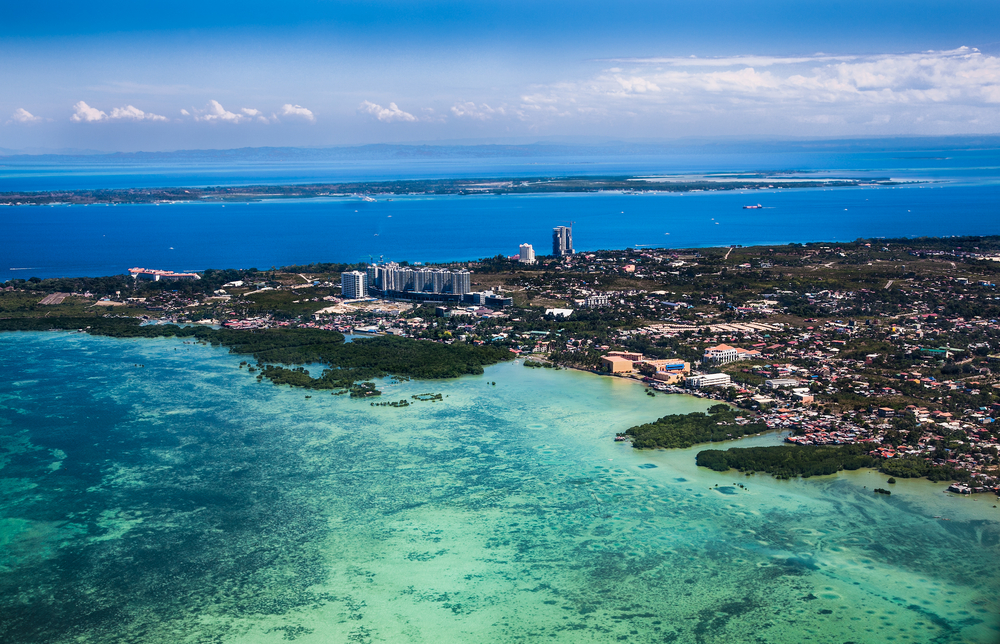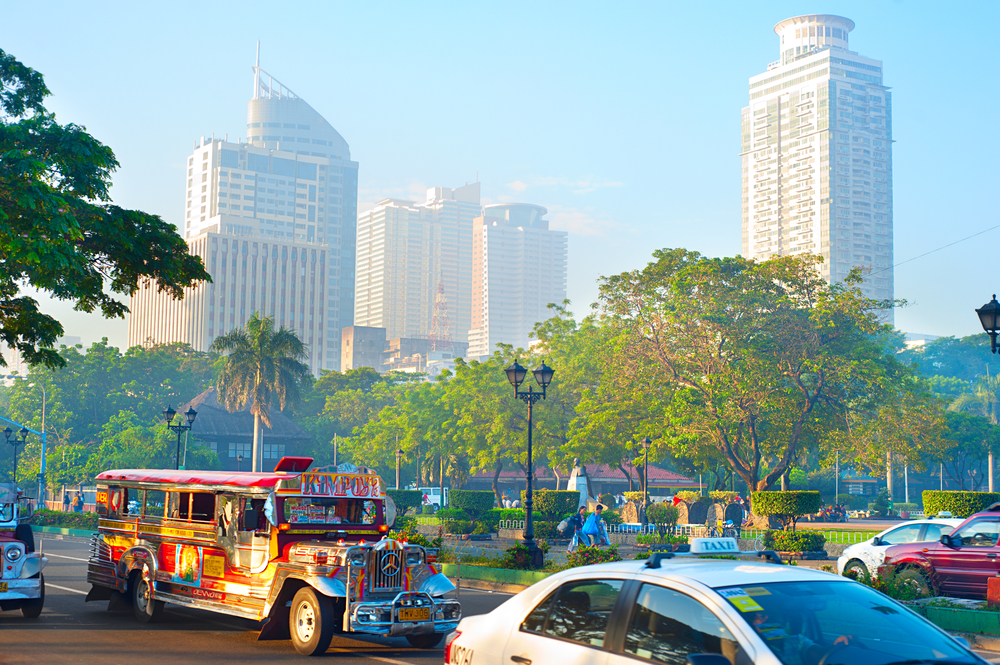The Philippines’ office space market goes into a freefall
Lockdown disruption, evolving working conditions, and an exodus by offshore gaming operators have led to the decline of the Philippines’ vital office space sector

It seemed like the property market in the Philippines would get off to a good start this year. Despite ongoing sluggishness in the sector and a Covid-19 case tally of around half a million—the second-worst in Asia—transactions were beginning to increase as life returned to normal.
But as infections spiked in March, the government responded by imposing a second lockdown, limiting the mobility of millions in Metro Manila and nearby provinces and sending the property market back into its shell.
“The wave impacted the decision-making process for companies looking to take up office space. So they delayed their occupancy plans and rethought their requirements,” says Joey Bondoc, associate director for research at Colliers Philippines.
In the Philippines, where demand for office space is closely linked to the demand for housing, the second wave of infections has sparked questions over when, if ever, people will be back in the office.
In the first quarter of 2021, Colliers saw the completion of 199,900 square metres of new office space, with the Makati CBD and Bay Area (prime tracts of Metro Manila) accounting for 75% of new supply. Among the biggest projects launched were Ayala Triangle Gardens 2, a 40-storey office building by Ayala Land Inc., and the Armstrong Corporate Center, a 10-storey building comprising co-working spaces and private offices, both in Makati.
As the year got started, transactions in Metro Manila had reached their highest level since the pandemic started, driven by demand for office space among e-commerce, outsourcing and data companies, according to research by Colliers. But those gains ended abruptly with leases cancelled and renewals deferred as millions of people were urged to stay at home.
The sudden reversal of fortunes came as net take-up of office space remained negative for a fourth consecutive quarter. Some of the biggest losses came from business process outsourcing companies.
BPOs—as they are more commonly called—provide support services to third-party companies in IT, data, and customer care. They account for around 50% of Metro Manila’s office market and contribute 11% to the GDP.
What is shaping the market now are the POGO pullouts. POGOs have been among the biggest drivers of demand for office space in the past couple of years: comparable to the BPOs, which have been the main bread and butter of the office sector
The disruption to this vast industry, as many of its 1.2 million workers transitioned to working from home, followed already huge losses to the office market caused by an exodus of offshore gaming operators.
Philippine offshore gaming operators (POGOs), which provide online gambling services to customers outside the country, generate around $1.9 billion annually for the economy and have been a boon for Manila’s property, transport and entertainment industries.
But desperate to claw back revenue amid widening debt and a ravaged economy, the government announced last year POGOs would need to start paying more tax: 5% on gross gaming revenue as opposed to 5% on net income. This prompted many to take flight.
According to Leechiu Property Consultants, POGOs abandoned around 277,000 sqm of office space in 2020, translating to losses of around PHP1.4 bn ($29m) in rent and 127,000 jobs.
“What is shaping the market at the moment are the POGO pullouts,” says Janlo de los Reyes, head of research at JLL Philippines.
More: Key demand drivers for the Philippines residential real estate market
“POGOs have been among the biggest drivers of demand for office space in the past couple of years: comparable to the demand take-up of the BPOs, which have been the main bread and butter of the office sector for the longest time.”
De los Reyes and other analysts say the loss of both POGOs and BPOs has had a big impact on residential markets.
With POGOs employing many foreign workers, particularly Chinese, their departure has left many properties geared towards expats empty.
“On the luxury side, it’s tied to the expat population,” says De los Reyes, adding that those who are still there are not enjoying the perks they once did.
“We’re seeing stricter company budgets for expats and no longer a housing allowance. So that’s driven the slowdown in leasing activity at least for the upscale and luxury markets.”
For BPOs and other companies that employ mainly locals, the shift away from offices has sparked greater demand for housing outside the city centre, particularly at the mid-end, he adds.
More: Philippines troops forward in all possible routes to revive its tourism industry
“For the mid-end, it’s really a mix of end-users, while leasing demand is coming from young professionals in Makati. We’re also seeing less take-up of the halfway homes that were popular with people who lived outside the city but wanted to be closer to avoid traffic congestion.”
Luis Enrique Mangosing, an estemeed PropertyGuru Philippines Property Awards judge and a real estate expert with 35 years of experience in the industry, believes this drift toward the city’s suburbs reflects the “resilience” of “horizontal housing developments on the fringes of Metro Manila.”
But while the industry adapts to shifting trends in the short term, the question remains whether the 70% of BPO employees currently working from home will return to the office after the pandemic is over.
Rey Untal, CEO of the Philippines’ Information Technology and Business Process Association, said in an interview with local media last year that much will depend on whether companies can address issues around productivity caused by low internet speeds and poor home setups.
“There’s no cookie-cutter answer. It varies from company to company,” he observes.
Some BPOs like Singapore-based outsourcing company Everise have already committed to letting some of their staff work from home indefinitely. Others like Teleperformance Philippines are allowing homework for lighter projects.
The original version of this article appeared in Issue No. 167 of PropertyGuru Property Report Magazine.
Write to our editors at [email protected].
Recommended
6 sights to spot in Jardine’s Lookout, Hong Kong
With its sumptuous harbour vistas, this low-density area is one of the most sought-after in Hong Kong
Meet the architect rethinking disability in urban spaces and how cities can be reimagined
Author David Gissen outlines his vision for urban development that takes the needs of disabled citizens into consideration
Why Asia’s mixed-use developments are the future of real estate
Dynamic integrated communities are fusing real estate with commercial, leisure, and other amenities
Transforming cities worldwide: Surbana Jurong’s vision for the future
Surbana Jurong excels in master planning, infrastructure, and urban development










